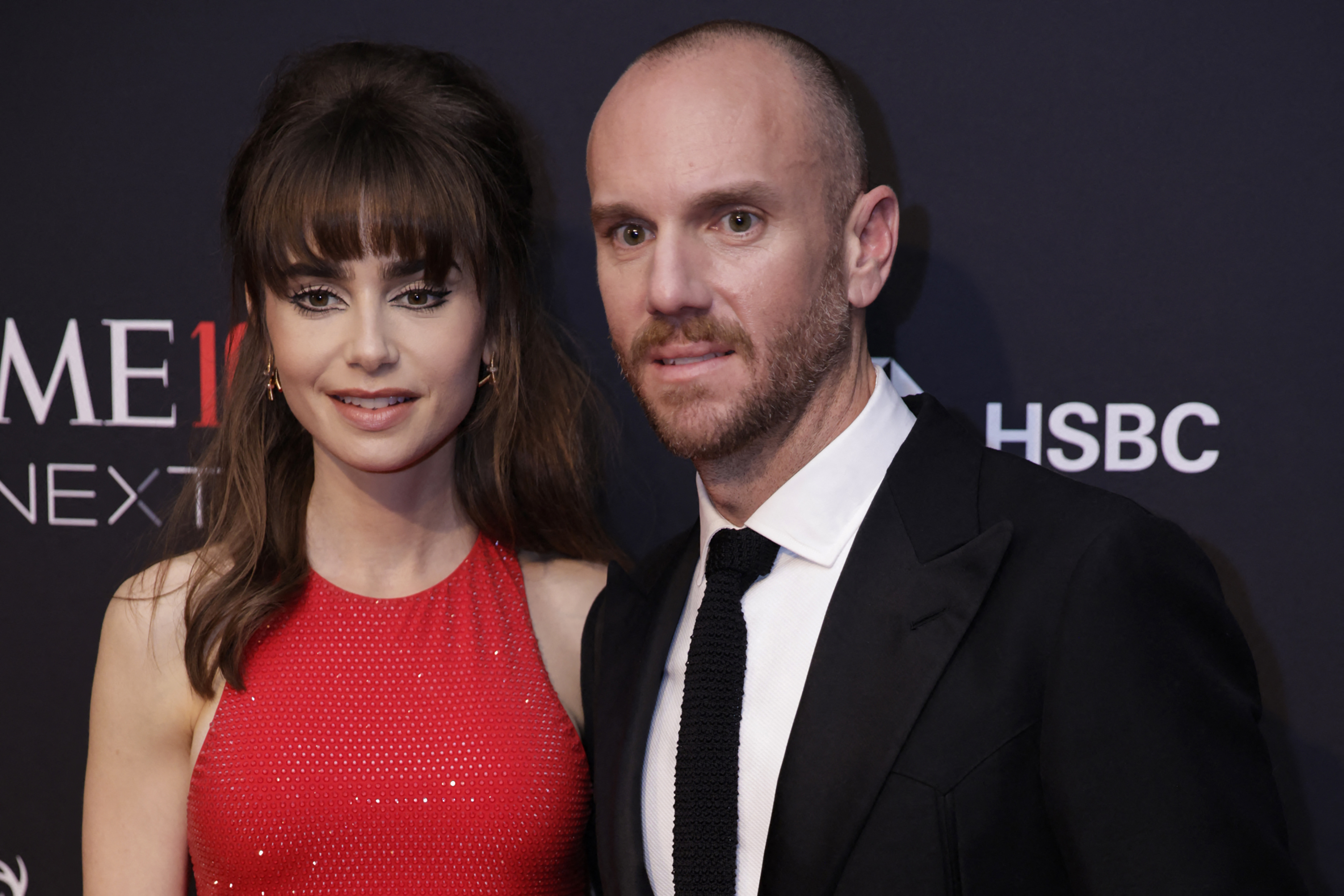Tove Jansson’s ‘The Summer Book’ debuts on big screen

An adaptation of Finnish author Tove Jansson’s classic novel “The Summer Book” starring Glenn Close aims to remind people of what’s important in life, according to the film’s American director. Charlie McDowell was inspired to adapt the beloved book by the Moomins creator, first published in 1972, after re-reading it during the pandemic and relating to its timeless themes of love, loss, ageing and nature. “I thought it was such a beautiful depiction of people’s place in nature and their connection to each other, as well as... their surroundings,” he told AFP before its premiere Saturday at the London Film Festival.
“So I wanted to make a film that was a reminder of what’s in front of you, when you look up from your tablets and your screens, and just remind people what’s out there if you seek it,” the director explained. “That’s as important as our technological advances - to remember what we have on our planet.” “The Summer Book” tells the story of a young girl, Sophia, and her grandmother, as the pair and Sophia’s father spend the summer on a tiny unspoiled island in the Gulf of Finland.
Played in the film by newcomer Emily Matthews, Sophia has recently lost her mother, while her grandmother, played by Close, is nearing death. Living in the family’s rustic cabin, they forge an ever-closer bond, exploring their idyllic surroundings and talking about life and family while also leaving much unsaid.
‘She lived it’
Set to a contemplative score and at a meditative pace, and with the landscape as prominent as the characters, “The Summer Book” adaptation gently ruminates on the novel. McDowell, known for his 2014 film “The One I Love” and married to the “Emily in Paris” star Lily Collins, admitted being “scared” at dramatizing a story cherished by its fans. He wanted to capture “the feeling” of the book but not necessarily all its “specifics”.
The filmmaker was so convinced Close was perfect to play the grandmother that he told the Hollywood icon the movie would not go ahead without her. Close repays that faith with a standout performance after fully immersing in the shoot on a remote Finnish island - even insisting on living in the rudimentary cabin constructed as a set. “She’s like ‘I just want to be here, I feel very connected to this place’,” McDowell recalled.
“I would get a text at four (in the morning) and the light was totally up and she’s like, ‘it’s so quiet right now, the swans are swimming in the bay.’ “She lived it... it was beautiful.” McDowell settled on Matthews after she impressed him with an unpolished 30-second casting submission of her cringing at her own bad joke. “I thought that was so funny coming from a kid who was so self-aware that she did a joke that just wasn’t funny,” he said.
‘Real beauty’
“The Summer Book”, one of the 10 novels and short stories for adults written by Jansson, better known for the Moomins book series first published in 1945, was purportedly her favorite. The author, who died in 2001, lived some of her life on an island like the one depicted, and the girl was loosely based on her niece, Sophia Jansson. Now chair of Moomin Characters Ltd - the official body responsible for Moomin copyright supervision - her niece said the family was “tremendously happy” about the adaptation.
Sophia Jansson advised McDowell throughout the adaptation, with both praising each other for the collaborative spirit they brought to the endeavor. “It’s not an easy book to adapt... to have it on film is just amazing,” she told AFP before attending the premiere. But Jansson, 62, played down the extent to which Sophia is based on her.
She noted that Tove Jansson once explained in an interview that a third of the book was inspired by the author’s own maternal relationships, a third by her niece, and a third was invented. “But she never went into saying which bits were which, and rightly so,” the niece said. “The book is great and beautiful because of the book, not because... some bits are based on a real person.” — AFP
For her, its “real beauty” lies in the “very irreverent relationship” constructed between the two central characters, which Close and Matthews harness. “They go through important themes... and they are equally important to Sophia and to the grandmother,” she said. “There’s death in the background, but it’s a very life-affirming book.”—AFP
















